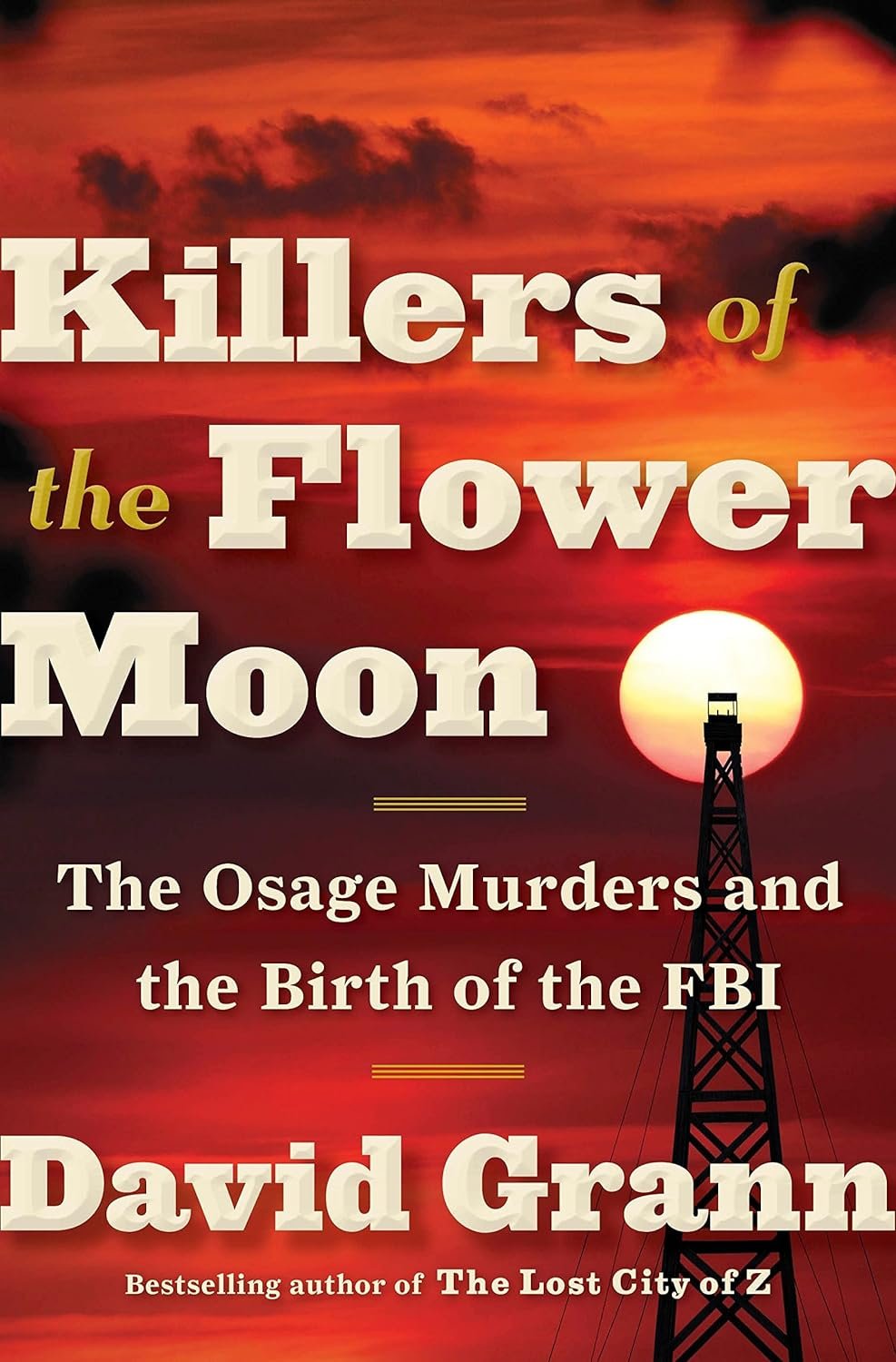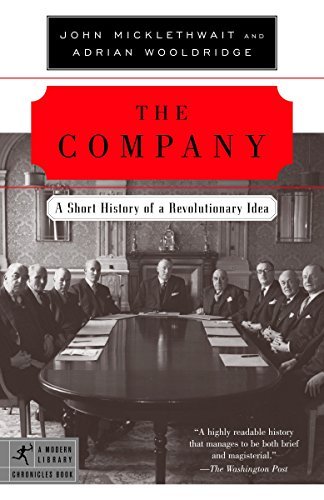When I was a kid growing up in central Massachusetts, I remember that a bunch of my friends' parents worked for super high growth tech companies like Digital Equipment Corporation (DEC), Data General, and Prime. While some people reading this may not have heard these names, these companies were behemoths. In the late eighties DEC alone was one of the largest companies in the world and employed more than 120,000 people. These companies were booming at the time in an area known as the “Route 128 Corridor”. Route 128 is a highway that runs south to north about 10 miles to the west of Boston. The area was a hub for technology companies — mostly focused on semiconductors, microprocessors, and minicomputers. It seemed like almost all my friends' parents worked at one of these companies or a company that provided support to these companies.
I also remember the bust that came in the early nineties when many of these companies downsized and thousands of people lost their jobs. It was a rough time for many people in the area.
What I didn't know at the time was that there were a set of competitors based in Santa Clara County, California, in the area now known as Silicon Valley, viciously competing with the Route 128 companies. Companies like Hewlett Packard, Intel, and Apple.
Most people now know that the Silicon Valley companies came out on top and that the tech scene in the area outpaced eastern Massachusetts significantly. Massachusetts remains one of the top 3 tech hubs in the U.S., dominates biotechnology, and is well on its way to becoming the country’s Digital tech hub. But outside of healthcare, the Silicon Valley area is far ahead and sees about 3x the number of startups and venture funding than the entire state of Massachusetts.
That said, back in the mid-1980s, you would've had no idea which region was going to come out on top. It could’ve gone either way.
AnnaLee Saxenian wrote a phenomenal book about all of this titled, Regional Advantage: Culture and Competition in Silicon Valley and Route 128 that examines the differences between the two regions.
Having lived in and worked in both areas, here are some of the key differences between the regions that I think allowed Silicon Valley to outperform. Certainly some of the takeaways are isolated to these regions at that point in time. But as lots of cities across the country try to increase the number of tech startups launched in their communities, many of the lessons from the battle between Silicon Valley and Route 128 can be applied by policymakers and tech leaders today.
Cultural differences
Massachusetts had a much more traditional, risk-averse approach compared to the Valley. A big reason for this comes from the parochial and puritanical cultural history of Massachusetts. But, more practically, it also comes from the fact that most people that worked in Silicon Valley weren’t from California. They were from the east coast or the midwest. You can’t underestimate the impact this has on a region. People aren’t spending time with their high school friends or church friends or summer camp friends. They’re spending time with the people they work with. And what do they talk and think about during that social time? Work. They’re bound together by their work. And they're much less worried about trying something new and failing at it because their friends and family back home may not even know about it. An executive that worked on both coasts described it this way in the book:
“On the East Coast, everybody’s family goes back generations. Roots and stability are far more important out here. If you fail in Silicon Valley, your family won’t know and your neighbors won’t care. Out here, everybody would be worried. It’s hard to face your grandparents after you’ve failed.” —William Foster, Stratus Computer
This meant that people in the Valley were much more willing to take risks, start companies and jump from job to job. As they jumped from job to job and made friends with people at work, they created networks centered around their work across several companies in the region. It was common for an engineer to quit their job on a Thursday and show up at another startup on Monday. These new experiences led to more friendships and led to a ton of collaboration between companies and an openness to sharing with one another for the greater good. It was common for Silicon Valley competitors to call one another for help with technical problems. This kind of collaboration created a rising tide for everyone in the area. The power of this kind of environment is enormous.
By contrast, in Massachusetts, most of the people working in tech were from New England. From the book:
”The social world of most New England engineers, by contrast, centered on the extended family, the church, local schools, tennis clubs, and other civic and neighborhood institutions. Their experiences did little to cultivate the strong regional or industry-based loyalties that unified the members of Silicon Valley’s technical community. Most were from New England, many had attended local educational institutions, and their identities were already defined by familial and ethnic ties.”
There was a separation between work and social life for Route 128 workers. For workers in the Valley, it was much more of a grey area. Workers in Route 128 tech often went right home after work and immersed themselves in their local towns, where they had ties that went back generations. Workers in the Valley didn’t have these ties. Instead of driving several miles back to their town, they were more likely to go out to dinner or to a bar in the area to talk about technologies and markets.
Job hopping
As mentioned above, workers in the Valley would jump from job to job growing their network and gaining new experiences. Route 128 had a much different culture where loyalty was highly valued and if you left you could never come back. Workers often stayed at their jobs for 10+ years. This was unheard of in the Valley. Workers felt that they were working for the Valley — the community — rather than for an individual firm. If they decided they wanted to come back they were often welcomed with open arms. As I've written in the past, this impact is felt today as California has banned the use of employee non-compete agreements while Massachusetts has allowed them to persist.
Collaboration with universities
Stanford actively promoted startups by offering professors up to help with product development and created several funding mechanisms for new ideas. MIT took a far more conservative approach and was very reluctant to invest dollars or time into things that were too risky. This created artificial walls between the best tech companies and the best technical research. Many of the east coast companies claimed they had better working relationships with Stanford and Berkeley than they did with MIT and Harvard.
Dependence on government contracts
Because of its proximity to Washington, Route 128 companies had lots of reliance on government contracts that had long term obligations that restricted innovation. It also (appropriately) led to a secretive culture that stalled collaboration with associations, competitors, partners, and other organizations in the local ecosystem. By contrast, by the early seventies, Silicon Valley companies were receiving far more financing from venture capital investors than they were from government contracts. The east coast's dependence on government contracts made widespread collaboration nearly impossible.
Geography
Silicon Valley companies started around Stanford and expanded to cities like Mountain View and Santa Clara but couldn’t go too far as they were locked in by the Santa Cruz mountains to the west and the San Francisco Bay to the east. This led to a very dense community of tech companies. By contrast, the Route 128 companies were spread far and wide. DEC, the largest of the companies in the eighties, was based in Maynard, with more than 20 miles of forest separating them from the hub of Route 128.
Organizational structure
Related to the dependency on defense contracts and its proximity to established political and financial institutions, Massachusetts companies were more formal and created organizational structures that had a strong resemblance to the military. This kind of organizational design can slow innovation as the lower rungs of the ladder are less reluctant to offer new ideas and there's far less cross-functional learning. Executives had their own parking spaces and executive dining rooms. Stock options were only offered to those at the highest levels of the organization. This even applied to work attire — the uniform for 128 companies was a jacket and a tie, in the Valley it was jeans and a t-shirt.
Today, something like 75% of all venture capital funding goes to three states -- Massachusetts, California and New York. As governments and entrepreneurs across the country try to expand the number of tech companies that emerge and grow in their communities, it’s important to remember that ecosystems create a lot more jobs than companies. The key is less about funding and micro-incentives and more about creating the complicated environment that allows an entire ecosystem to thrive.









